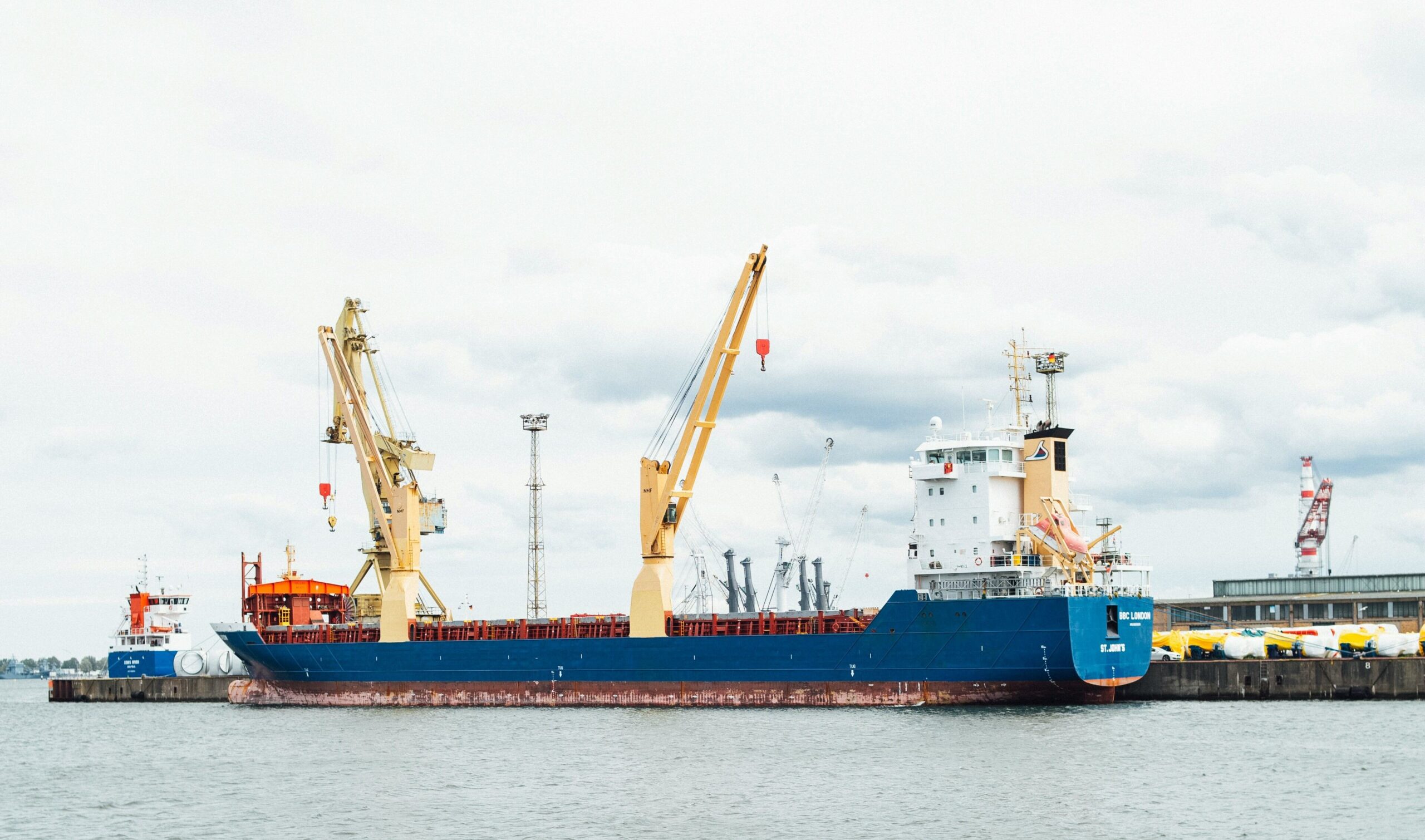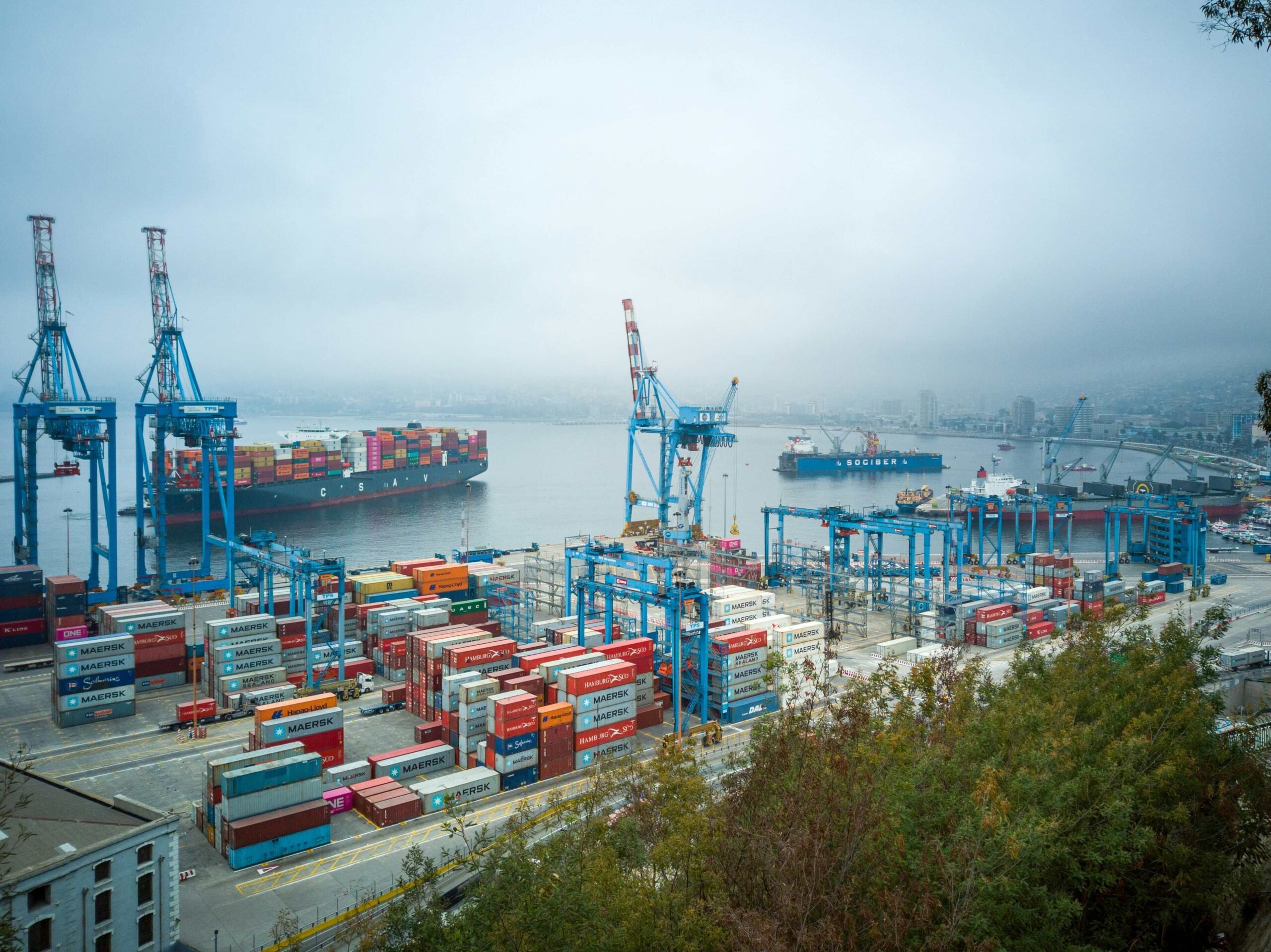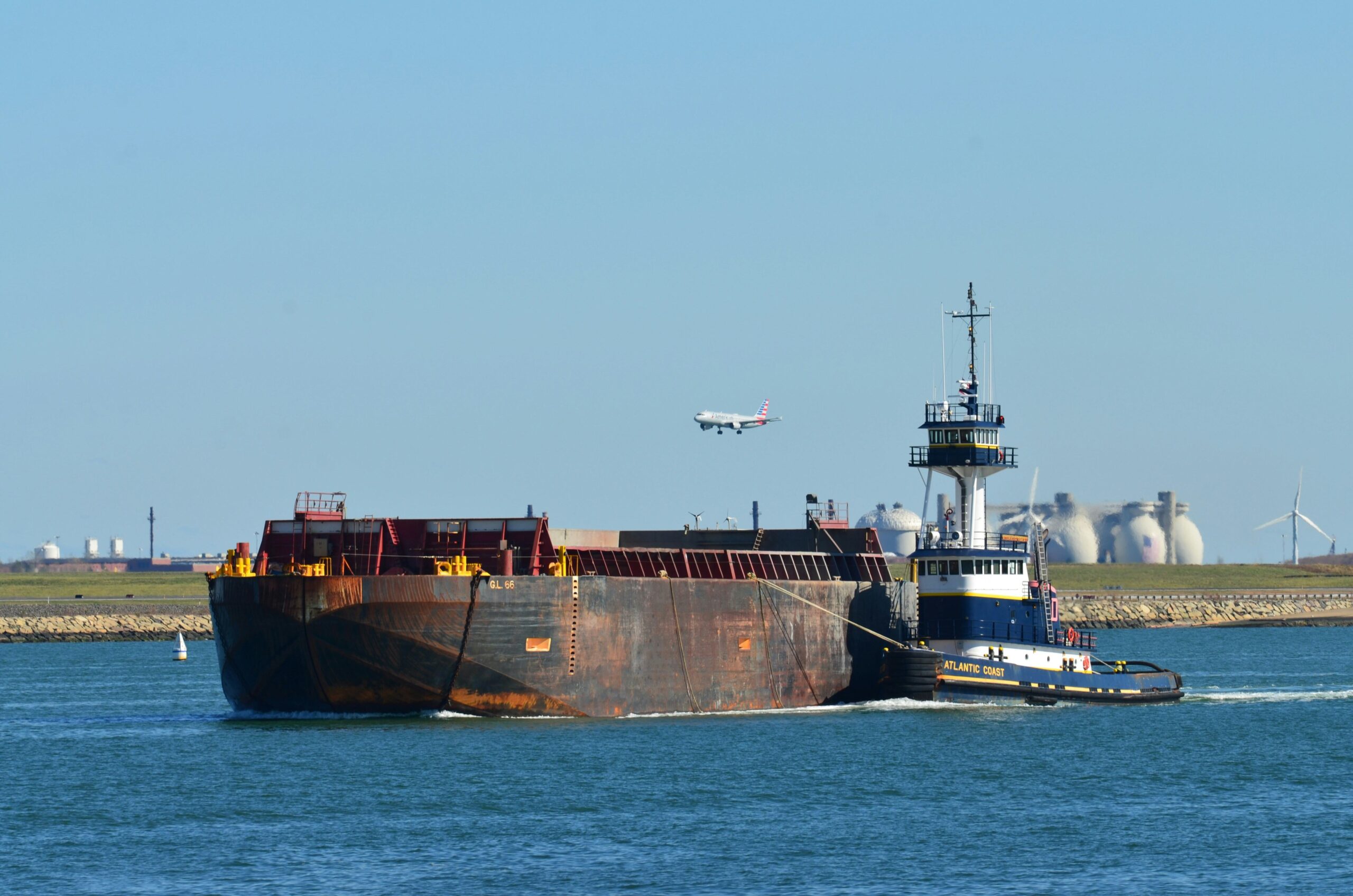Bunker Fuel Testing Methods: A Deep Dive into ISO 8217 and Other Standards
Bunker fuel, the lifeblood of the global shipping industry, plays a crucial role in powering the vast number of vessels that traverse the world’s oceans. As shipping accounts for a significant portion of global trade, ensuring the quality and consistency of bunker fuel
Biofouling Control in Ships Using Bunker Fuels
Biofouling, the accumulation of marine organisms on ship hulls and structures, poses significant challenges to maritime operations, including increased fuel consumption, emissions, and maintenance costs. Bunker fuels, traditionally used for propulsion and energy generation in ships, are now being explored for their potential
Effects of Bunker Fuel Additives on Engine Performance and Maintenance
In the maritime and industrial sectors, the optimization of engine performance and maintenance is crucial for operational efficiency, cost-effectiveness, and environmental sustainability. Bunker fuel additives play a significant role in achieving these goals by enhancing fuel quality, combustion efficiency, and overall engine reliability.
Advances in Non-Invasive Bunker Fuel Quality Measurement Techniques
Introduction The quality of bunker fuel is critical for the safe and efficient operation of marine engines. Traditional methods for assessing bunker fuel quality often involve invasive sampling and laboratory analysis, which can be time-consuming, costly, and sometimes inaccurate due to sample contamination
Techniques for Mitigating Bunker Fuel Oxidation and Degradation
Introduction Bunker fuel oxidation and degradation are significant challenges in the maritime industry, affecting fuel quality, engine performance, and overall operational efficiency. Oxidation and degradation occur due to prolonged storage, exposure to air, and varying temperatures, leading to the formation of sediments, gums,
Impact of Fuel Stability and Compatibility on Marine Operations
Introduction Fuel stability and compatibility are pivotal aspects of maritime operations, profoundly influencing vessel safety, operational efficiency, and environmental compliance. Given the diverse range of bunker fuels used in marine engines, ensuring these fuels remain stable and compatible throughout their lifecycle—from storage and
Comparative Study of Bunker Fuel Grades: ISO 8217 Standards
Introduction Bunker fuels are indispensable for the maritime sector, serving as the primary energy source for vessel propulsion and onboard operations. The International Organization for Standardization (ISO) meticulously defines bunker fuel specifications through ISO 8217 standards to ensure safety, efficiency, and environmental responsibility.
Advancements in Bunker Fuel Quality Testing and Analysis
Introduction Bunker fuel quality is paramount for the efficient and safe operation of marine vessels. The quality of bunker fuels, including their chemical composition and physical properties, directly impacts engine performance, maintenance costs, and environmental compliance. Over the years, advancements in fuel quality
The Impact of Bunker Fuel Quality on Marine Engine Longevity
Bunker fuel quality plays a critical role in determining the operational efficiency, maintenance requirements, and overall longevity of marine engines. This article explores the significant effects of bunker fuel quality on marine engines, factors influencing fuel quality, technological advancements, and best practices for
Bunker Fuel Contamination: Causes and Consequences
Bunker fuel contamination poses significant risks and challenges to the maritime industry, impacting vessel operations, safety, and environmental sustainability. This article examines the causes, consequences, and mitigation strategies associated with bunker fuel contamination, highlighting the importance of stringent quality control measures and regulatory










